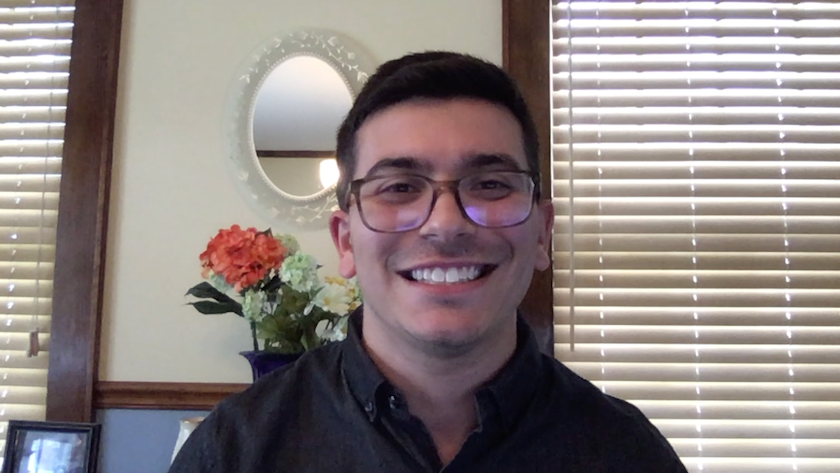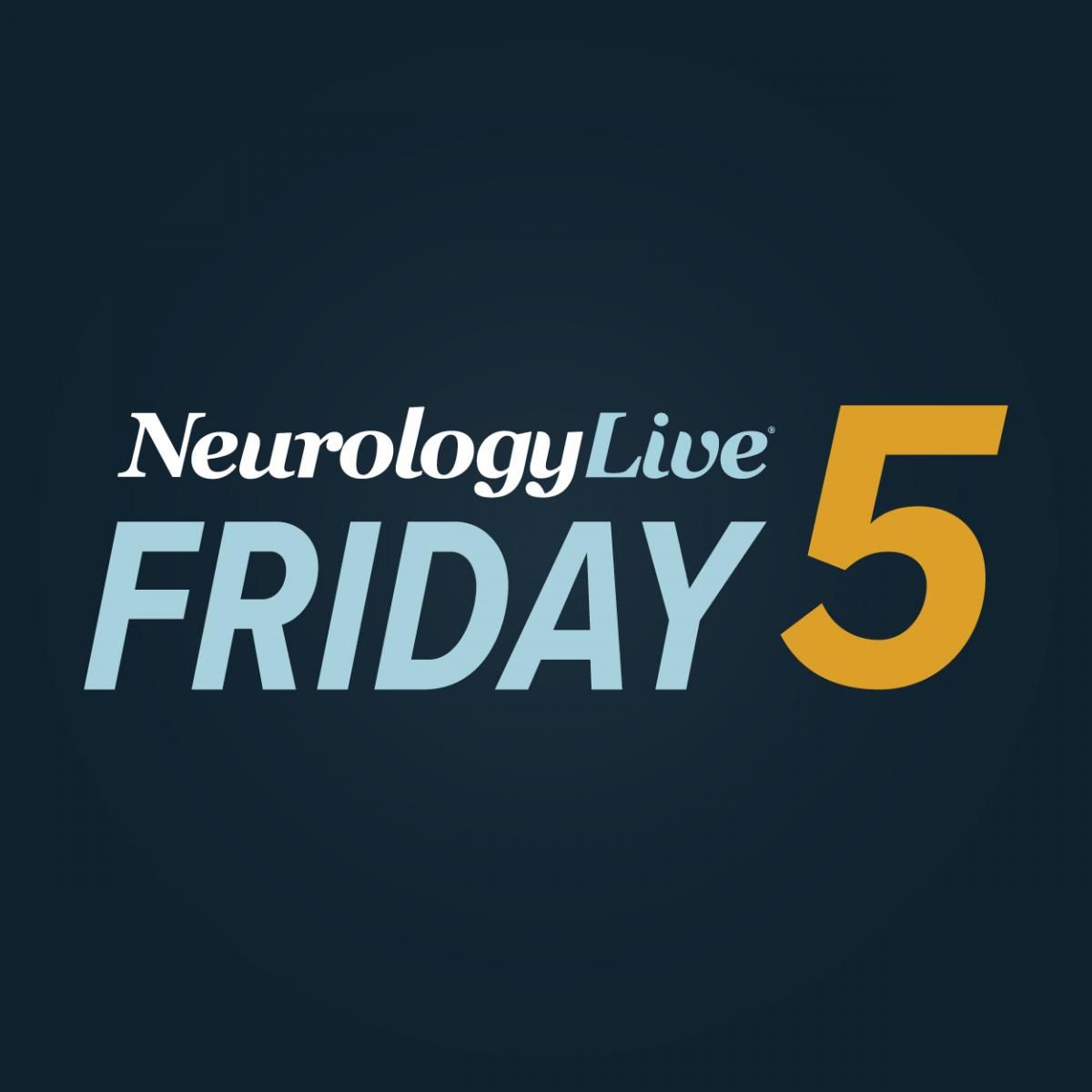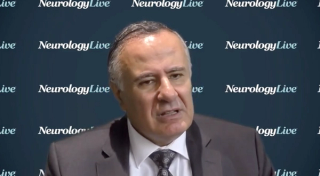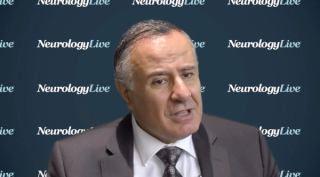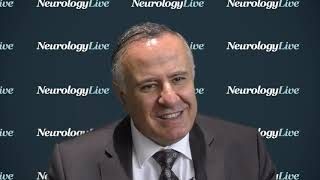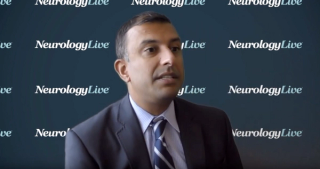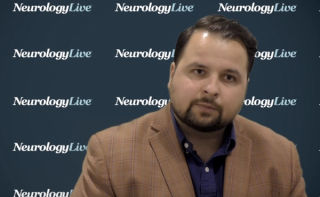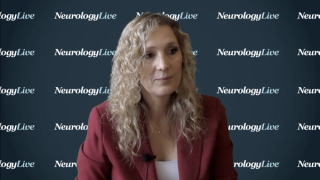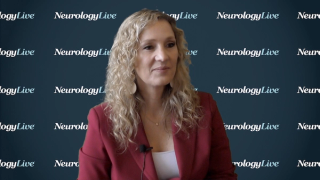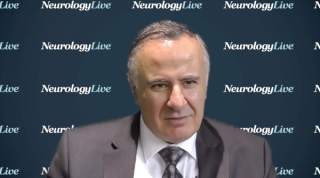
Epilepsy
Latest News
Latest Videos

CME Content
More News
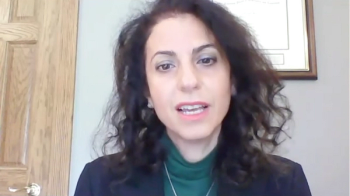
The chief research officer and epilepsy specialist at Cleveland Clinic detailed the patient-centered pros and cons associated with epilepsy surgery, as well as the stigmas related to it.

The chief research officer and epilepsy specialist at Cleveland Clinic detailed her most recent findings on the cost-effectiveness of epilepsy surgery for drug-resistant temporal lobe epilepsy.

The goal is to improve the delivery of care and outcomes for patients with epilepsy as they transition from pediatric to adult care settings, where there is often less oversight.

Patients with refractory temporal lobe epilepsy may be more inclined to opt for surgery when they understand the long-term cost effectiveness, as well as rates of increased seizure freedom and reduced seizure relapses.

Take 5 minutes to catch up on NeurologyLive's highlights from the week ending August 14, 2020.

Future studies may validate the use of routine electroencephalogram as an alternative to continuous electroencephalogram in centers with limited resources, as despite better seizure detection with continuous monitoring, outcomes were similar between the methods.

Neurology News Network for the week ending August 8, 2020.

Take 5 minutes to catch up on NeurologyLive's highlights from the week ending August 7, 2020.
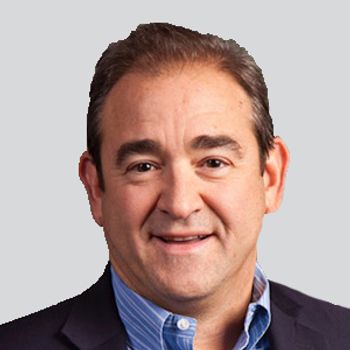
Marinus Pharmaceuticals, the agent’s manufacturer, plans to announce topline data from the phase 3 Marigold study in the third quarter of this year.

An overview of the tweet chat on mental health in neurological disorders, featuring highlighted contributions from the medical community.

The approval also expands the age range of all Epidiolex indications to include patients age 1 and older.

NeuroPace’s FDA-approved neurostimulation device helped 35% of patients with epilepsy achieve ≥90% reduction in seizure frequency, with 18% of patients reporting seizure freedom at last follow-up.

Take 5 minutes to catch up on NeurologyLive's highlights from the week ending July 31, 2020.

Join NeurologyLive and the Women Neurologist Group on Twitter to discuss the importance of mental health and wellness in neurologic disorders.

Take 5 minutes to catch up on NeurologyLive's highlights from the week ending July 24, 2020.

Take 5 minutes to catch up on NeurologyLive's highlights from the week ending July 17, 2020.

A retrospective analysis suggests that normalizing the spatial proximity between nearby electrodes and more extensive electrode coverage improved the accuracy of post-surgery seizure outcomes.

Take 5 minutes to catch up on NeurologyLive's highlights from the week ending July 10, 2020.

Despite the ongoing public health emergency, many of the telehealth policies established by the CARES Act waiver are expiring.

The lack of effect on cognitive function provides reassurance to clinicians and parents for the developmental outcomes of a well-recognized, albeit relatively uncommon, adverse event after immunization.

A look at the questions you should be asking during the decision-making process of picking a telehealth vendor.
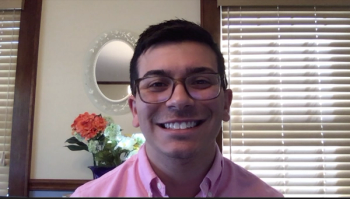
Neurology News Network for the week ending July 4, 2020.

Take 5 minutes to catch up on NeurologyLive's highlights from the week ending July 3, 2020.

Take 5 minutes to catch up on NeurologyLive's highlights from the week ending June 26, 2020.

Fintepla, marketed by Zogenix, will be available for prescription for the rare pediatric epilepsy syndrome beginning in July 2020 through a REMS program.




